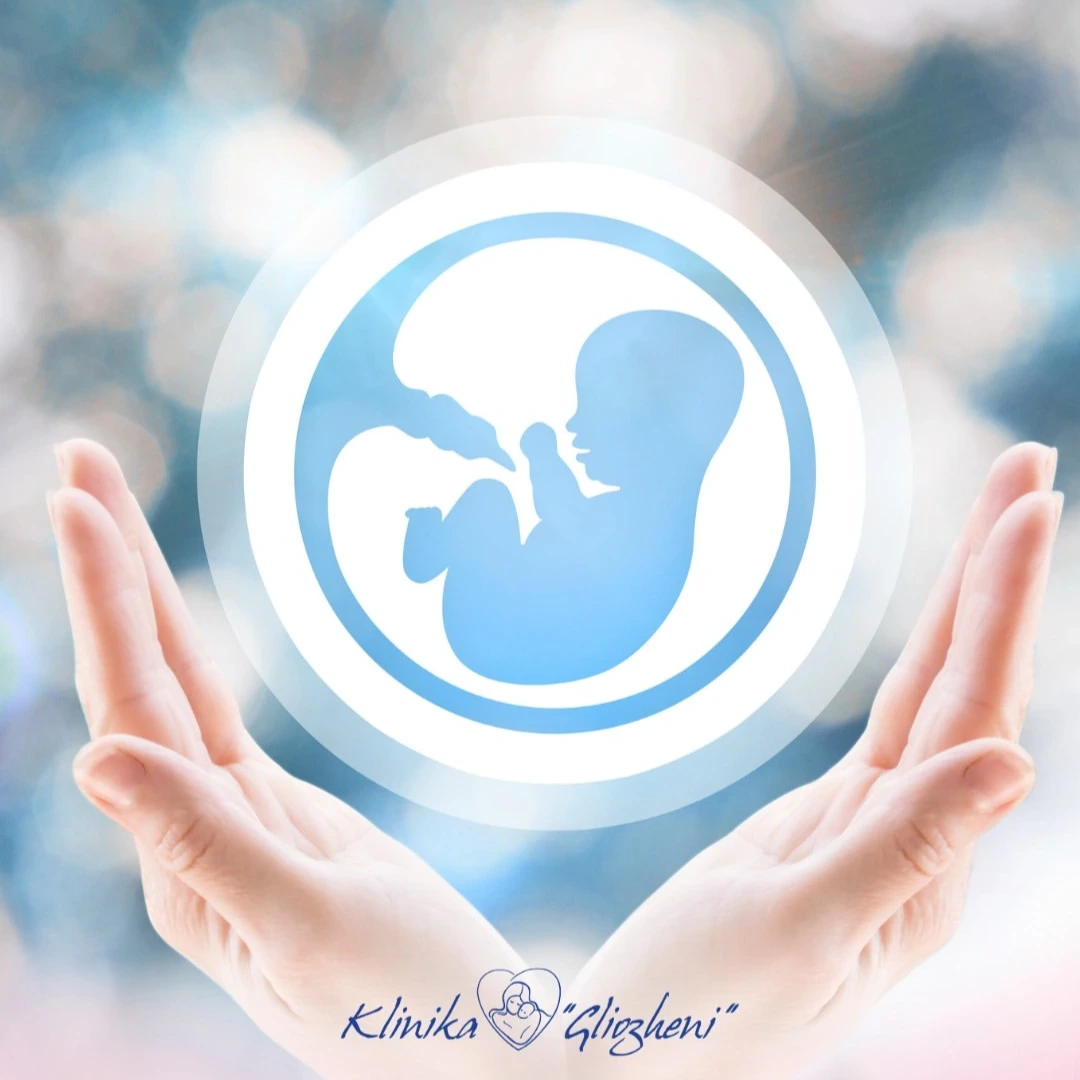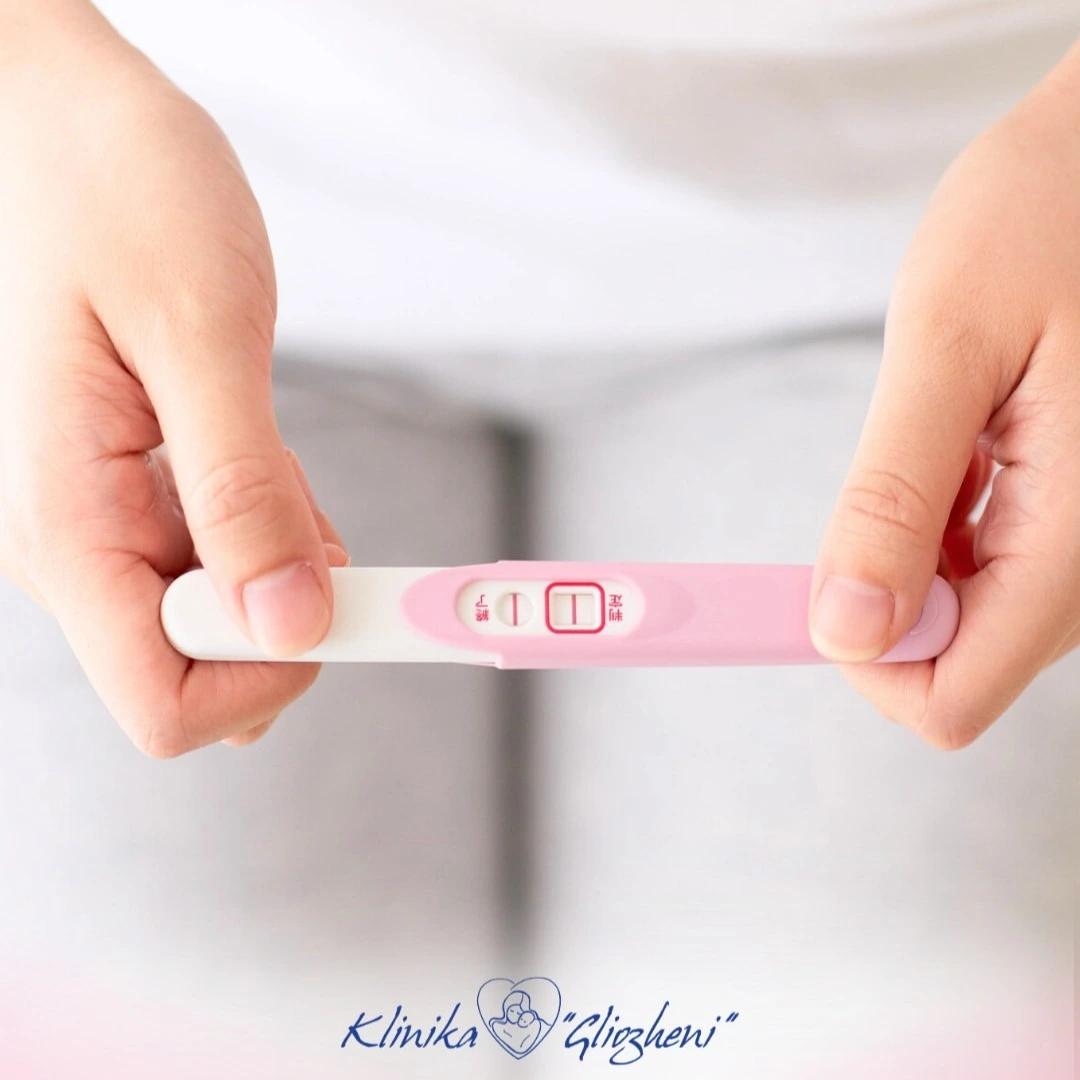Obesity, now declared a global epidemic, extends beyond visible health impacts such as cardiovascular diseases and diabetes. An often underestimated, yet essential, aspect is its profound impact on reproductive health, especially in men. For couples trying to conceive, understanding the link between body weight and male fertility is crucial.
How Obesity Affects Sperm Quality: Critical Parameters Damaged
Sperm quality is a key indicator of male fertility, and obesity causes detrimental changes in its three main parameters:
- Reduced sperm count (concentration): Numerous studies have confirmed a clear and concerning link between high body mass index (BMI) and a decrease in total sperm count. Obese men, on average, show 9 million fewer spermatozoa per milliliter in ejaculate compared to men of normal weight. This significant reduction in sperm count, known as oligozoospermia, substantially lowers the probability that enough spermatozoa will reach the egg and perform fertilization.
- Low sperm motility: Sperm motility refers to their ability to move quickly and purposefully. Obesity causes a decrease in progressive motility, making it more difficult for spermatozoa to travel through the female reproductive tract and fertilize the egg. This is called asthenozoospermia and is a major obstacle to natural conception.
- Increased morphological problems (shape) of spermatozoa: Sperm morphology refers to the normal shape and structure of the sperm’s head, neck, and tail. Obese men often have a higher percentage of spermatozoa with abnormal shapes (teratozoospermia). Spermatozoa with structural defects are often not functional and are unable to penetrate the egg.
These three factors, individually or in combination, contribute to increased male infertility or subfertility.
Mechanisms Behind Obesity’s Impact on Fertility: Complex Disorders.
While the link between obesity and sperm quality is clear, the underlying mechanisms are multifaceted and interactive:
- Hormonal imbalances: Adipose tissue, especially visceral fat (around internal organs), is metabolically active. It produces an enzyme called aromatase, which converts testosterone, the main male hormone essential for sperm production, into estrogen, a female hormone. This leads to low testosterone levels and high estrogen levels in obese men. This hormonal imbalance disrupts the regulation of the hypothalamic-pituitary-gonadal axis, negatively impacting spermatogenesis (the process of sperm production) and its maturity.
- Increased oxidative stress: Obesity causes a chronic state of oxidative stress in the body. This occurs when there is an imbalance between the production of free radicals (unstable molecules that damage cells) and the body’s ability to neutralize them. This oxidative stress can directly damage the sperm cell membrane and, more importantly, the integrity of sperm DNA. Sperm DNA damage can lead to fertilization failures, poor embryo development, and a higher risk of spontaneous abortions.
- Increased scrotal temperature: Excess fat tissue in the inguinal area and around the testes acts as a thermal insulator. This leads to an increase in scrotal temperature, often by 1-2 degrees Celsius. The testes require a temperature 2-4 degrees Celsius lower than body temperature for optimal and healthy sperm production. A consistently higher temperature impairs the spermatogenesis process, reducing sperm production and quality.
- Chronic low-grade inflammation: Adipose tissue, especially visceral fat, secretes pro-inflammatory cytokines. These cause a state of chronic, albeit low-grade, inflammation throughout the body. This inflammation can negatively affect testicular function, leading to damage to Sertoli and Leydig cells, which are essential for sperm and hormone production.
- Insulin resistance and diabetes: Obesity often causes insulin resistance, which can evolve into type 2 diabetes. These metabolic conditions can further affect sperm production and erectile function.
The Solution: Weight Loss and a Balanced Diet – The Journey Towards Improvement.
The encouraging news is that many of the negative effects of obesity on male fertility are reversible. Weight loss and adopting a healthy lifestyle are essential steps towards improving semen quality and increasing the chances of pregnancy:
- Improvement of sperm parameters: Weight loss helps normalize hormone levels, reduce oxidative stress, lower scrotal temperature, and reduce inflammation. These biochemical and physiological changes lead to a significant improvement in sperm count, motility, and morphology. Positive effects can be observed after 3-6 months, as this is the life cycle of sperm production.
- Increased chances of pregnancy: With improved semen quality, the chances of achieving a pregnancy, either naturally or through assisted reproductive treatments (ART) like in vitro fertilization (IVF), significantly increase. For men undergoing ART, improved sperm parameters can increase the success of procedures.
- Comprehensive health benefits: In addition to its impact on fertility, weight loss and adopting a balanced diet, along with regular physical activity, drastically improve overall health, reducing the risk of chronic diseases such as diabetes, hypertension, and heart disease.
Weight Loss and Lifestyle Strategies:
- Balanced diet: The focus should be on a diet rich in fruits, vegetables, whole grains, lean proteins, and healthy fats. Avoid processed foods, added sugars, and saturated/trans fats.
- Regular physical activity: Aim for at least 150 minutes of moderate-intensity aerobic activity per week, along with muscle-strengthening exercises.
- Stress management: Stress can affect hormones and fertility. Relaxation techniques such as yoga or meditation can help.
- Quit smoking and reduce alcohol: These factors can damage sperm quality and hinder weight loss.
When to Seek Medical Help?
If you are struggling with infertility and are overweight or obese, it is essential to consult a fertility specialist. A complete evaluation will help determine the specific cause of infertility and develop a personalized treatment plan. Specialists can guide you on safe and effective weight loss strategies and assess the need for additional fertility treatments.
Consult with Specialists at Gliozheni Clinic
At Gliozheni Clinic, we are dedicated to providing comprehensive care for couples facing infertility. Our team of fertility specialists, nutritionists, and endocrinologists work together to assess your reproductive health, understand the impact of lifestyle factors such as obesity, and create a personalized treatment plan. We offer weight loss counseling, balanced dietary plans, and advanced infertility treatments, all under one roof.
For more information, consultations, or to book an appointment, you can contact us at the following phone numbers:
Tel: +355 4 222 36 32
Cel: +355 67 27 33 333
We are committed to supporting your journey towards health and parenthood, offering expertise and personalized care.d, offering expertise and personalized care.







